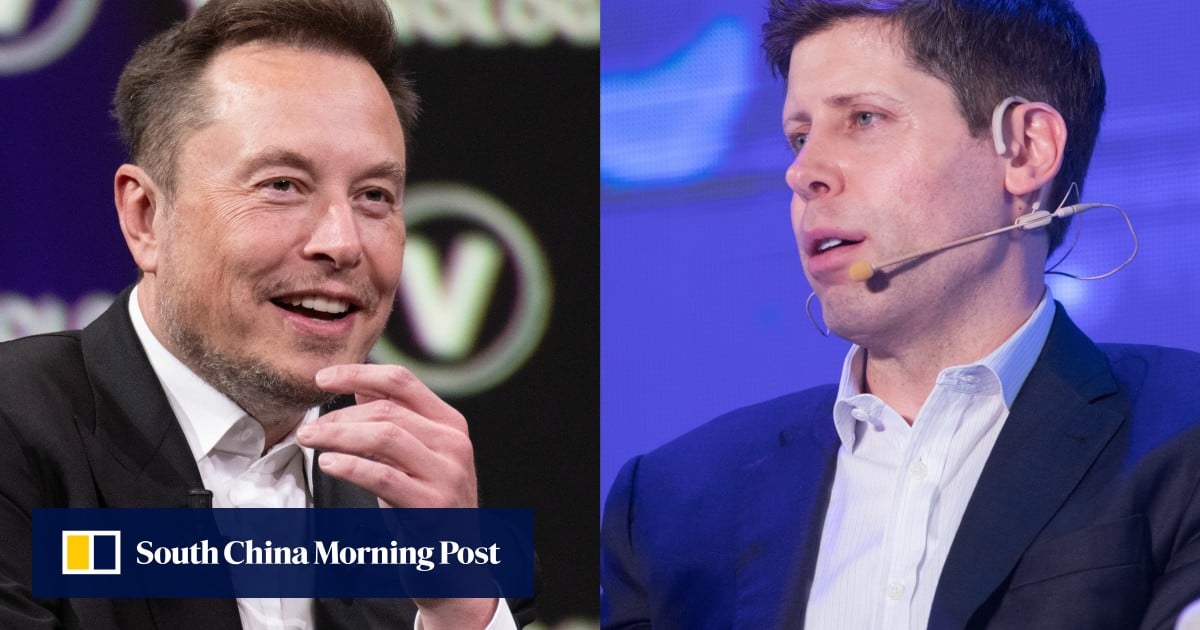South Korea’s Constitutional Court unanimously ruled to remove President Yoon Suk Yeol from office on Thursday, capping a months-long political crisis triggered by his unprecedented declaration of martial law.
In the verdict, the Constitutional Court said the defendant, President Yoon, “neglected his duty to protect the constitution by mobilizing the military to damage constitutional institutions, such as the National Assembly, and infringe on basic human rights.”
Yoon “has betrayed the people’s trust,” the court added.
On December 14, 2024, the National Assembly voted to impeach Yoon following his abrupt martial law declaration a week earlier. Yoon said in a televised address on December 3 that he was declaring martial law to crush “pro-North Korean and anti-government forces,” banning all political activities and deploying troops to arrest key politicians.
A constitutional breakdown
The court upheld all five grounds for impeachment: the unconstitutional declaration itself, the first decree issued under martial law, military mobilization against the National Assembly, an illegal raid on the National Election Commission, and orders to arrest politicians and justices.
“By violating the constitution and law to declare martial law, the defendant reenacted a history of emergency power abuse, shocking the public and creating national turmoil,” said Acting Constitutional Court President Moon Hyung-bae.
The Court’s decision took effect as of 11:22 am, local time, ending Yoon’s presidency just two years and 11 months into his term.
Political fallout
Yoon put out a statement in the afternoon, in which he thanked his supporters for cheering him on. “I will always pray for my beloved South Korea and its people,” the statement read.
The ruling People’s Power Party swiftly accepted the court’s ruling.
“I think the verdict shows that South Korea’s democracy still lives on strong and that the people still have a strong intention to defend the nation,” ruling party lawmaker Kim Sang-wook told Asia Times. Kim went against party lines in December to vote in Yoon’s impeachment motion.
The party issued an apology. “We sincerely apologize to the people,” said Kwon Young-se, chairman of the PPP’s Emergency Response Committee. “We also feel great responsibility for not being able to do our full duty as the ruling party.”
Meanwhile, the opposition Democratic Party celebrated the decision, calling it the “Light Revolution.”
“The dismissal of President Yoon from office will be remembered as a historic moment in which we protected the constitution and defended our democracy,” Anh Gwi-ryeong, a DP spokesperson, told Asia Times. Anh made headlines when a photo of her standing up to an armed soldier on the night of the martial law went viral.
However, the DP remains cautious. “Presidents being impeached is a tragedy in Korea’s political history,” Ahn added. “Everyone in politics, including me, should feel the responsibility.”
 Protesters stomp on a wax figure of President Yoon Suk Yeol’s head during a demonstration held in front of the Constitutional Court on April 4. Photo: Kim Jung-yeop
Protesters stomp on a wax figure of President Yoon Suk Yeol’s head during a demonstration held in front of the Constitutional Court on April 4. Photo: Kim Jung-yeopTense road to election
As Yoon becomes South Korea’s second president to be impeached, Seoul must now hold a presidential election in the next 60 days.
Prime Minister Han Duck-soo will continue to lead the country as acting president while Seoul prepares to elect its next leader.
Han said he would hold a cabinet meeting on April 8, to decide on a date for the next election. In a phone call with the chairperson of the National Election Committee, Han said he would aim for new elections to take place on June 3.
However, DP leader Lee Jae-myung – the most favored candidate in recent polls – faces an appellate court ruling on the same day for his perjury subornation case. During a 2018 trial that accused Lee of spreading false information, Lee allegedly incited his secretary to commit perjury. Seoul District Court acquitted him but the prosecution appealed the ruling.
Lee is currently involved in five different criminal cases. A sentence above a 1 million won fine in any of his cases would bar him from running.
Lee is a seasoned politician who ran against Yoon in the 2022 Presidential Elections, losing by a margin of 0.73% – the smallest in South Korea’s history.
According to the latest polls, released by Korea Gallup on April 4, 34% of South Koreans favored Lee Jae-myung as the country’s “future political leader.” Former PPP lawmaker and current Labor Minister Kim Moon-soo followed at 9%, with former PPP leader Han Dong-hoon and Daegu mayor Hong Jun-pyo trailing behind at 5% and 4%, respectively.
However, support for Lee doesn’t fully translate to backing for the Democratic Party. The same poll found 41% of voters favoring the opposition overall, while the PPP trailed at 35% — a significantly narrower gap compared to 48% vs. 24% earlier this year.
Judicial reproach of political gridlock
The Constitutional Court’s verdict also acknowledged public frustration with partisan warfare.
“After the defendant assumed office, the National Assembly proposed 22 impeachment bills,” the court said. “This raises concerns that the National Assembly is using impeachment as a method of political pressure.”
Of the 16 impeachment cases ever reviewed by the Court, 13 were introduced during Yoon’s presidency. The court noted this pattern might have contributed to the president’s perception that policy execution was becoming “paralyzed.”
Some citizens sympathize with that view.
“At first, I disagreed with the martial law decree. But after seeing how the DP kept abusing impeachment and slashing government budgets, I realized President Yoon had a point,” said a 53-year-old supporter who asked not to be named. “The DP is becoming a legislative dictator.”
DP officials pushed back. “Some media framed it as abuse, but we’re just operating within legal boundaries,” said spokesperson Anh.
Street celebrations mark political turning point
Despite lingering divisions, Yoon’s removal sparked celebration in central Seoul. Crowds filled plazas, waving flags, singing, and sharing food into the evening.
“It was so momentous and emotional. I was nervous, then happy, and now I feel calm,” said Lee Myung-hoon, a protester who had demonstrated in front of the Constitutional Court daily since the impeachment motion.
“This miracle was made from the efforts of everyday individuals,” he said. “The people have won.”

 By Asia Times | Created at 2025-04-04 18:13:25 | Updated at 2025-04-05 03:53:26
11 hours ago
By Asia Times | Created at 2025-04-04 18:13:25 | Updated at 2025-04-05 03:53:26
11 hours ago








